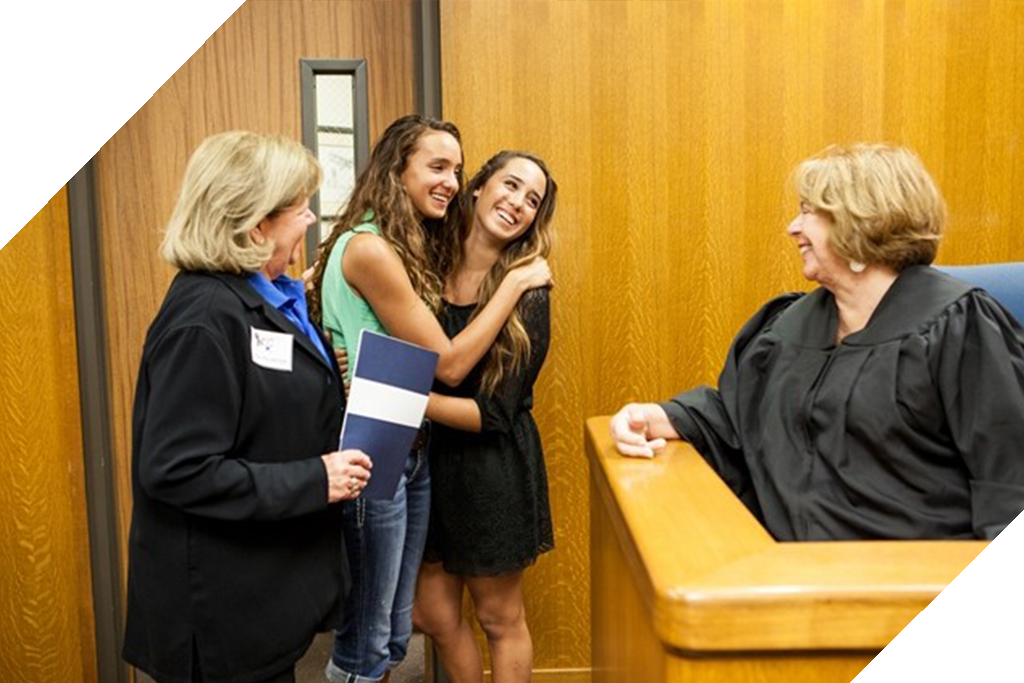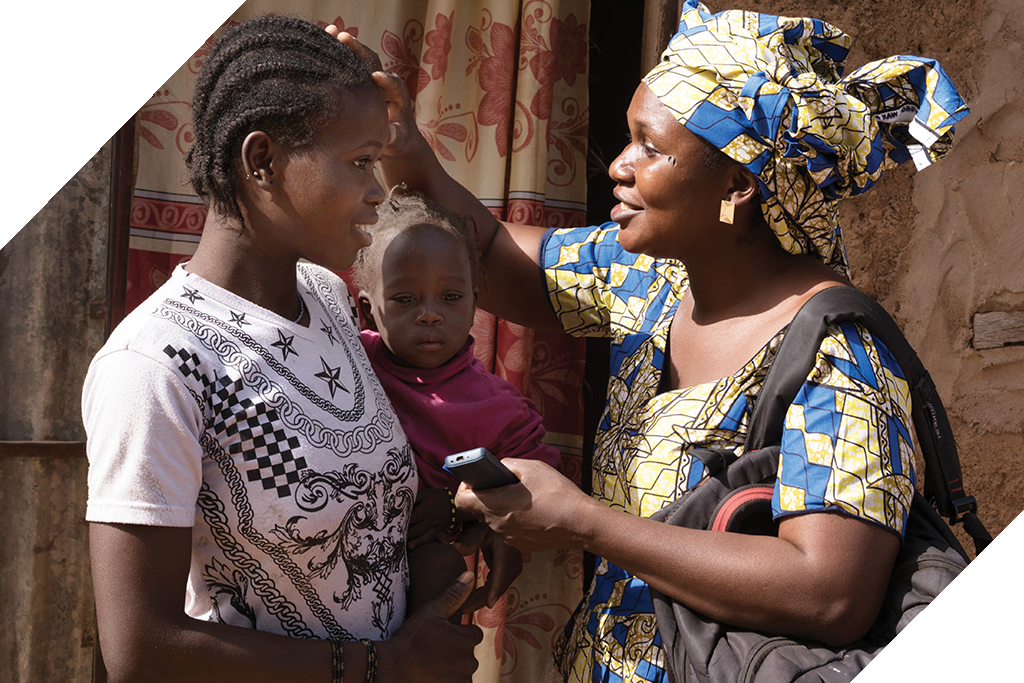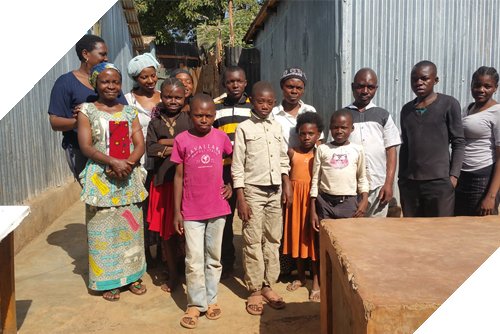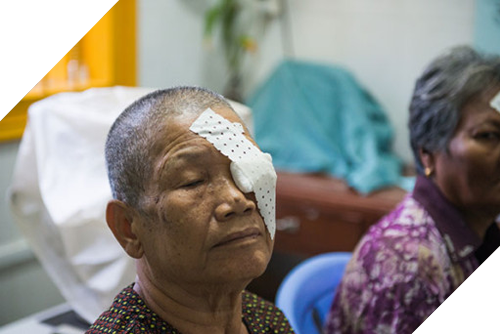Promoting safe and reliable water, sanitation, and hygiene services for every family, clinic, and school
Countries Served
Guatemala, Honduras,
Nicaragua, Uganda,
Bolivia, Peru, India,
Rwanda, Malawi
Budget
$18,100,000
Partner Since
2020
Choose your preferred method of giving:
In order to provide you with the best donor experience, please note your preferences around your generous pledge in the following form. You will receive an email with the necessary information for donating by check, wire, or DAF upon completion.
Problem
Globally, one third of people drink water that is contaminated and half lack access to adequate sanitation. Millions of women and children spend several hours walking to collect water each day while more than 829,000 people die annually from preventable water-related diseases. Adequate water, sanitation and hygiene (WASH) services are essential for the control and elimination of many neglected tropical diseases, and studies show that over 1/5 of all child deaths could be prevented with proper WASH facilities.
Accelerating WASH access in public institutions – especially in schools and health clinics – is a critical element of improving safety for children and school staff, health clinic staff and patients, and communities. A 2018 study of 130,000 health clinics in low- and middle-income countries showed 50% of the clinics don’t have piped water, and 39% don’t even have soap. And according to a major 2020 evaluation of 60 countries identified as having the highest risk of health and humanitarian crisis due to COVID-19, 50% of schools lacked basic water and sanitation services and 75% lacked basic handwashing services.
While much government and philanthropic effort and resources has been applied over decades to provide WASH services in the developing world, a significant fraction of the resulting projects are not functioning because of a lack of maintenance and repair, and because of a lack of local “ownership” of the projects.
Programs Offered
EVERYONE FOREVER:
Water for People (WFP) partners with local leaders and communities to facilitate the construction and/or rehabilitation of the most contextually appropriate water systems. Then, it provides the tools to ensure these systems last for the long term, independent of philanthropic aid. WFP spends years in communities, working until every household, school, and clinic is served. Its “Everyone Forever” model means that even the most vulnerable, marginalized, and hardest-to-reach people gain access to sustainable WASH services.
WATER:
When invited into an area, WFP works with all relevant local stakeholders to assess existing resources and agree on: a service area, a water source and how to protect it, and what the cost of service will be. WFP never fully funds its water projects. Instead, they require local governments and communities to co‐finance each system, introducing full project ownership early in the process.
Water systems are tailored to local conditions (gravity fed wells, shallow or deep borehole wells, supplementary rainwater harvesting, etc.) and to the capacity of the community to maintain what is installed. To ensure the services are sustainable, WFP trains local mechanics to monitor, repair, and manage the water system and establishes community water committees that can assume responsibility for its operation and finance. Additionally, WFP constructs facilities to test and treat water and creates supply chains so parts for repairs are available locally.
WFP then monitors projects annually until everyone in a district has sustainable water services. Once achieved, WFP provides oversight to district governments for another 3-5 years to ensure quality is maintained. When a district has sustained water services without direct support, and can manage the water system for the long-term, WFP exits and shifts their investment to new areas.
SANITATION:
If people are not choosing their own toilets and investing their own resources in constructing bathrooms, they are less likely to use them. WFP educates communities about the dangers of open defecation and makes sure families and public institutions have affordable toilet options, access to skilled contractors to build bathrooms, and safe ways to manage waste. In most areas, WFP trains locals to empty the latrines for a fee, creating sustainable small businesses to provide the full sanitation chain: collection, pit emptying, and disposal at a wastewater treatment plant.
HYGIENE:
Water and sanitation infrastructure alone cannot improve community health if people do not understand the importance of using it. Every WFP intervention includes education about healthy hygiene habits and handwashing.
Hygiene programs are especially helpful for girls, who often drop out of school when they get their periods. WFP ensures schools have the resources necessary for girls to continue their education, including training, private changing rooms, pads, and incinerators to dispose of used hygiene products.
Historical Results
Since 2011, Water For People has brought reliable water services to 4.67 million people and achieved the following impacts:
- 3,913 community interventions
- 1,583 school interventions
- 164 health clinic interventions
- 1.54 million people with sanitation services
- 2,436 jobs created
Path to Credibility
WFP was a Skoll Awardee and has several other funders that Focusing Philanthropy has worked with closely over the years.
As part of its diligence and monitoring, Focusing Philanthropy visited WFP in West Bengal, India in 2018 and in the Shire Highlands, Malawi in 2020. These visits included substantial interaction with WFP staff, local community leaders, government officials, individuals trained to maintain and repair the WASH system, and others. The trips were a strong validation of WFP’s emphasis on local commitment and facility sustainability.
More Program Partners
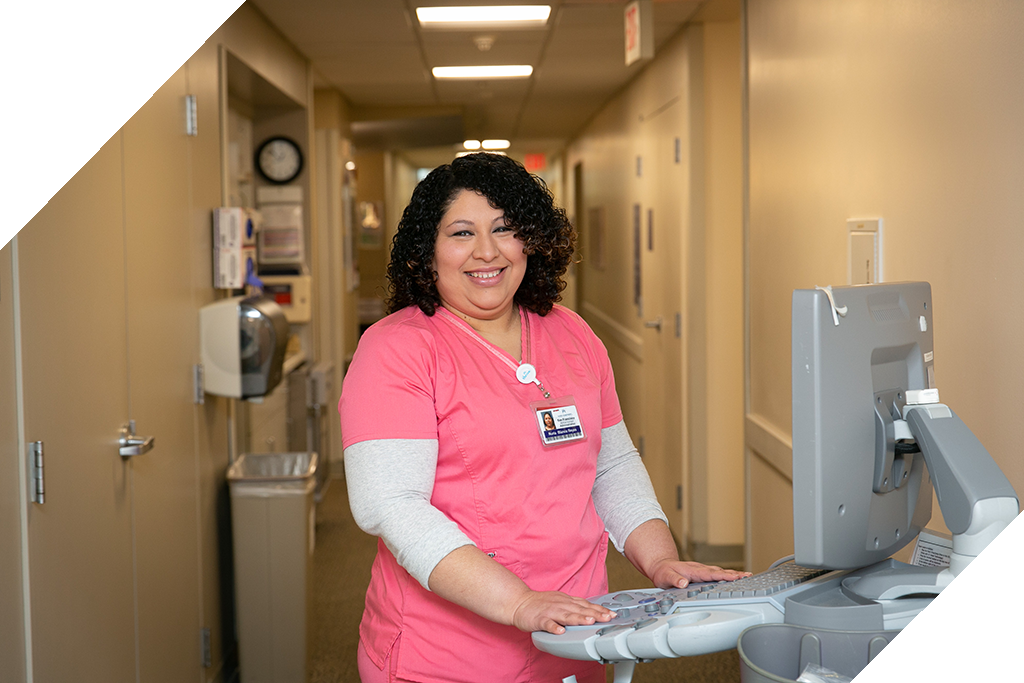
Expanding access to careers in healthcare for people facing barriers to employment with JVS.
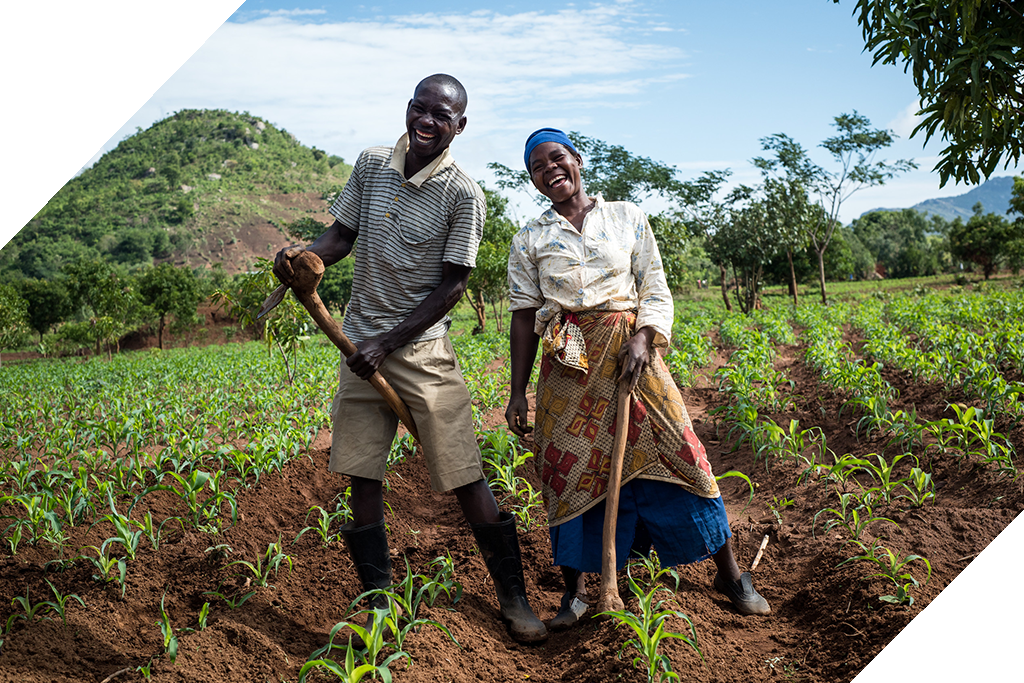
Helping hard-working subsistence farm families gain food security and economic opportunity with One Acre Fund.

Providing young people with equitable opportunities to achieve their postsecondary aspirations with OneGoal

Opening doors to careers in technology for Americans from underserved communities with Per Scholas.
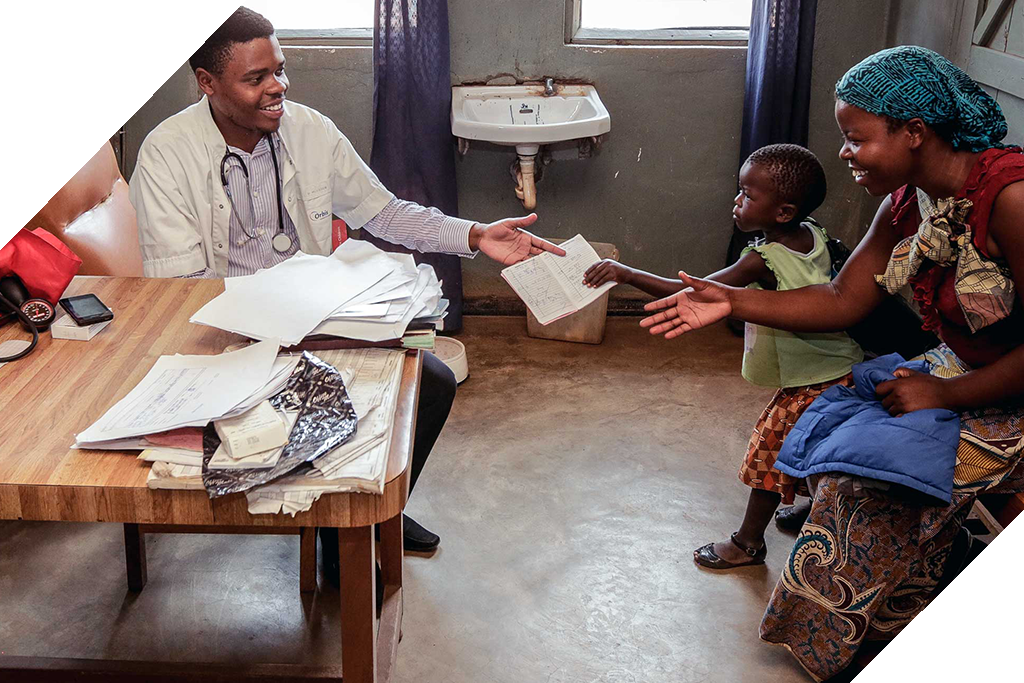
Bringing life-saving health care innovations to scale and sustainability in the world’s most underserved communities with VillageReach.
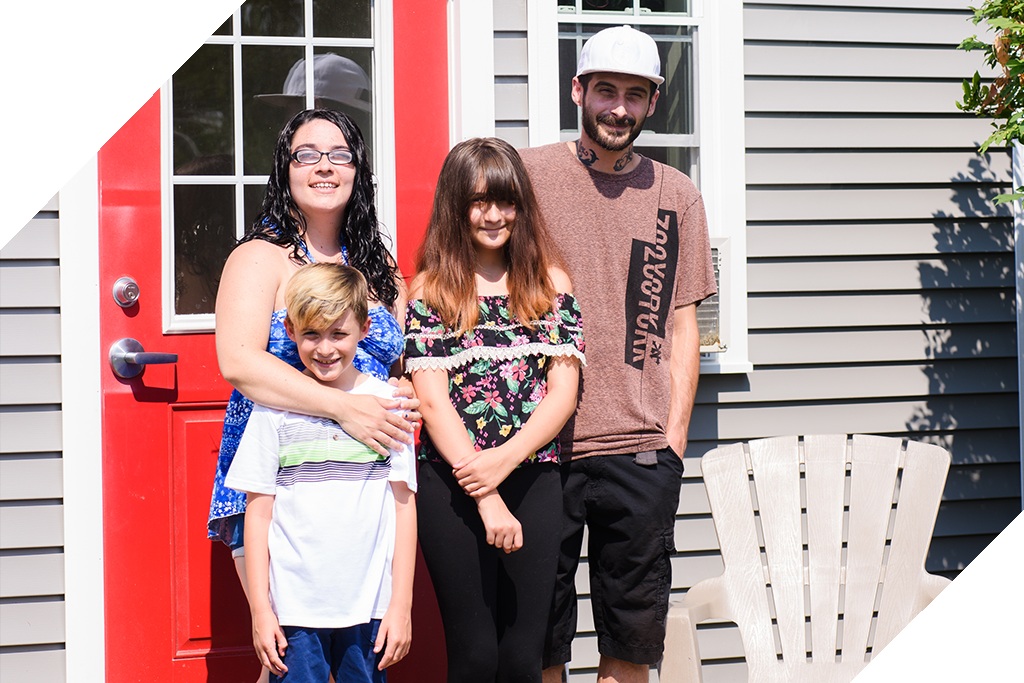
Expanding access to credit to people and places across the country where traditional finance does not reach with OFN.


